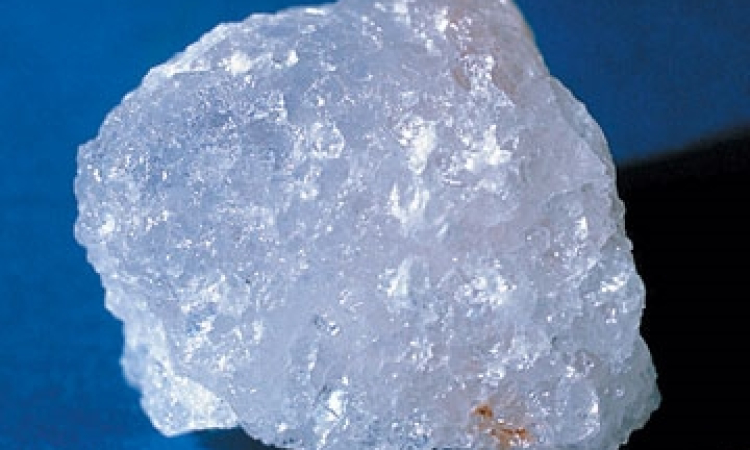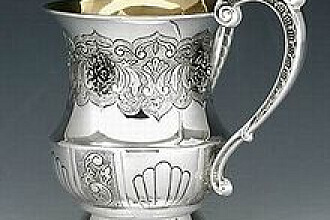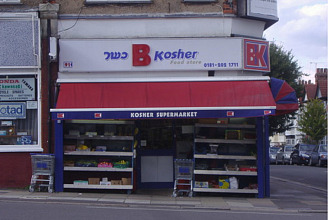The Torah says “And every offering of your grain offering you shall season with salt; you shall not allow the salt of the covenant of your God to be lacking from your grain offering. With all your offerings you shall offer salt.” Leviticus 2:13
In order to understand the significance of this we need to study the Tanakh to know what grain and salt represent. “Also, O Judah, a harvest is appointed for you, when I return the captives of My people.” Hosea 6:11 and “I am the Lord All-Powerful, the God of Israel, and I make this promise— ‘Soon Babylon will be leveled and packed down like a threshing place at harvest time.’” Jeremiah 51:33 People are referred to as a harvest.
But not all harvests are good some people are referred to as wheat and others as tares or weeds of which Yeshua says, “‘Let both grow together until the harvest, and at the time of harvest I will say to the reapers, “First gather together the tares and bind them in bundles to burn them, but gather the wheat into my barn.”’…The field is the world, the good seeds are the sons of the kingdom, but the tares are the sons of the wicked one. The enemy who sowed them is the devil, the harvest is the end of the age, and the reapers are the angels.” Matthew 13:30-39. How we mature (develop as wheat or tares) depends on the principles we cherish.
“You are the salt of the earth; but if the salt loses its flavor, how shall it be seasoned? It is then good for nothing but to be thrown out and trampled underfoot by men.” Matthew 5:13 “’For everyone will be seasoned with fire, and every sacrifice will be seasoned with salt. Salt is good, but if the salt loses its flavor, how will you season it? Have salt in yourselves, and have peace with one another.’”Mark 9:49-50. It is not enough to be a part of the harvest. In order to be acceptable to God we must have the salt as well. So what makes salt salty? God is the source of salt’s saltiness.
In order to have the salt that brings a dish to life we must rely on something outside of ourselves. This is the key to having a relationship with God and the difference between the wheat and the tares. Many well meaning people think that when the harvest comes and the Messianic age begins they will be accepted by God as wheat by some inherent merit of self because they are associated with God’s truth and do things related to the truth. But knowing truth is not enough to make us acceptable. We can be in the field of a congregation and not have the salt that God requires and in the end turnout to be a tare while thinking we are wheat. We need to allow the Ruach Hakodesh to change us and make our lives an acceptable offering and not assume we are good enough by ourselves. We need to rely on the external power of God to make a real internal change.


























